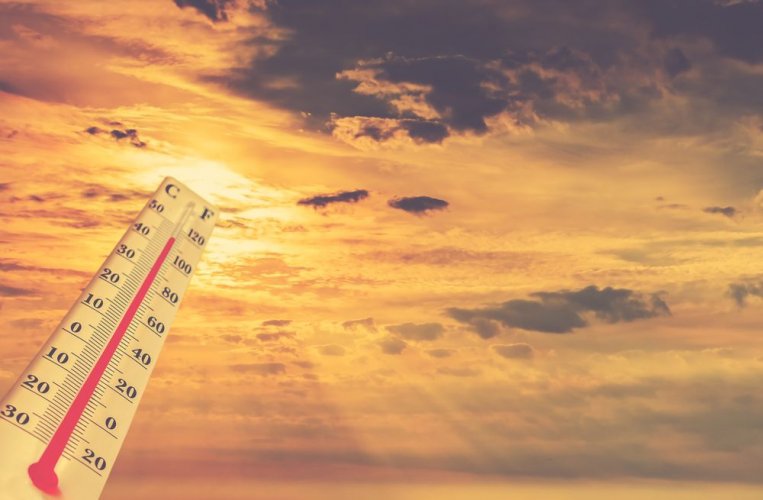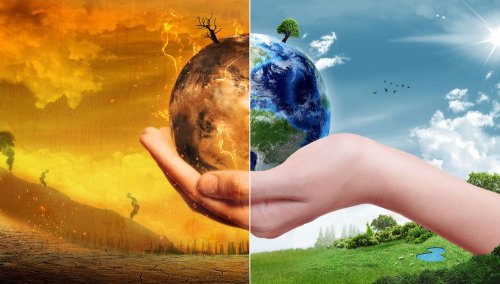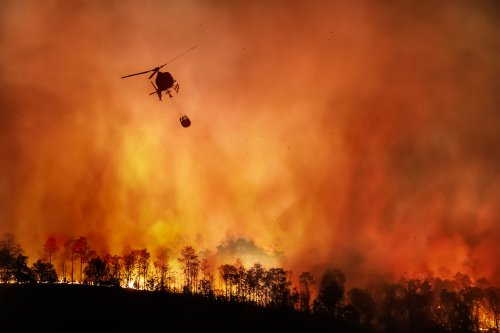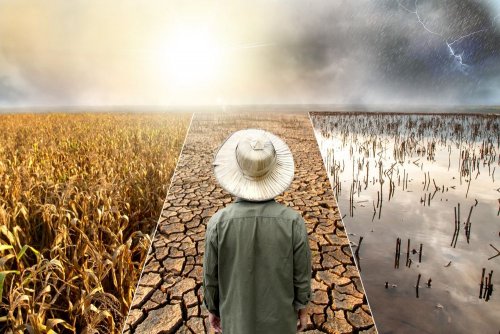According to the National Oceanic and Atmospheric Administration (NOAA) ), atmospheric methane levels rose by 17 parts per billion in 2021 to an all-time high.
Total atmospheric methane levels are 162% above pre-industrial levels and about 15% higher than a few decades ago, informs NBC News.
Methane levels continue to increase at the fastest rate on record.
Methane is a more potent greenhouse gas than carbon and is the second largest contributor to Earth warming. It is a major contributor to climate change, but it breaks down much faster, making its impact more short-lived.
Experts believe that limiting methane emissions could be one of the simplest and most effective immediate measures to slow climate change.
Carbon dioxide in the atmosphere remains the main and long-term factor in climate change. Its levels also continue to rise and reach new highs.
Reducing methane pollution has been the focus of attention during international climate negotiations. While methane is a short-term driver of climate change, it can have a dramatic effect, as it absorbs much more heat and energy than carbon.
"Reducing methane emissions is an important tool we can use right now to reduce the impact of climate change in the near term and reduce the rate of warming", – said NOAA Administrator Rick Spinrad.
The latest analysis by the UN Intergovernmental Panel on Climate Change estimated that methane's potential contribution to global warming is more than 81 times the equivalent amount of carbon dioxide when measured over 20 years.
Recall UK government research has shown that hydrogen is 11 times more dangerous for the climate than CO2.
As EcoPolitica reported earlier, IRENA experts proposed measures to overcoming the energy and climate crises.





